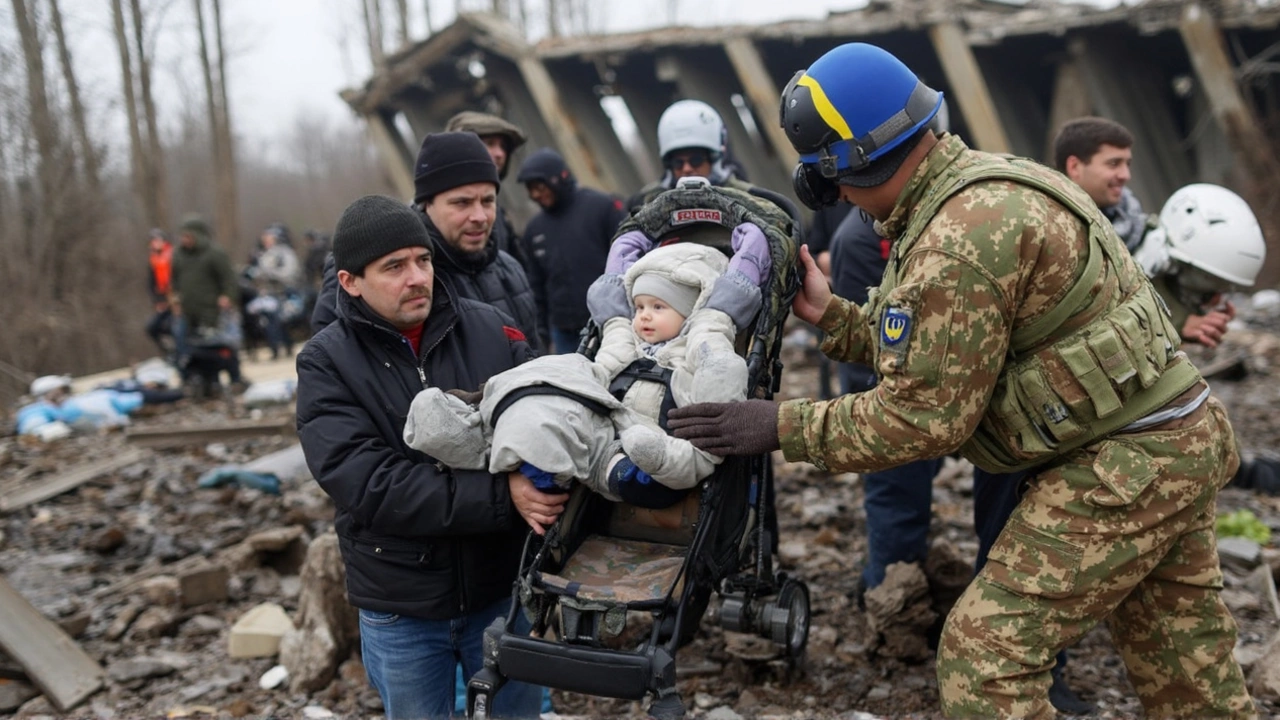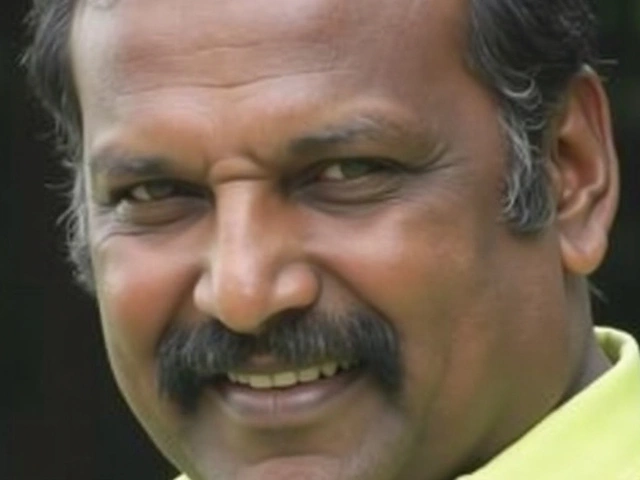Reaching the somber milestone of 1,000 days, Russia's invasion of Ukraine remains a brutal testament to the resilience and suffering endured by the Ukrainian people. Marked by widespread devastation, this conflict is the most lethal on European soil since World War II. The George W. Bush Presidential Center, while reflecting on this harsh reality, is calling for a strategic pivot in international support to bolster Ukraine's fight for sovereignty.
Ukraine has withstood relentless Russian assaults, enduring staggering losses with an estimated million casualties and five million citizens forced to abandon their homes. Despite the initial predictions of a swift Russian victory, Ukraine's tenacity has consistently defied expectations, reshaping global perspectives on the conflict's trajectory. However, this indomitable spirit faces mounting challenges.
Western Commitment Under Scrutiny
The United States and Europe initially rallied to Ukraine's cause. However, political tides have begun to shift, raising doubts about sustained Western backing. In light of these developments, the Bush Center proposes urgent actions that include stepped-up military aid and rigorous sanctions against Russia.
Proposals for military assistance emphasize immediate delivery of advanced weaponry, such as missile defense systems and long-range arms, essential for Ukraine to counter Russian advances. This military support aims to level the playing field and deter further aggressions.
Strategic Measures for Long-term Security
Beyond immediate military needs, the institution urges intensified sanctions. Recommending ending European Union purchases of Russian hydrocarbons and revising the existing $60 per barrel oil cap, these measures intend to drain Russia's revenue streams used to fuel the war.
Perhaps most significantly, the center advocates extending a NATO membership invitation to Ukraine. This gesture, beyond symbolic, would solidify Ukraine's security in the face of continued aggression, effectively neutralizing Russian President Vladimir Putin's ability to wield influence over Kyiv.
Ken Hersh of the Bush Center highlights the moral obligation and strategic necessity behind these recommendations. Letting Ukraine fend for itself risks emboldening authoritarian regimes worldwide, including the budding alliance of China, Russia, Iran, and North Korea. To prevent further destabilization, bolstering Ukraine’s defenses emerges as a critical undertaking.
As these discussions continue, the global community watches closely. Every strategic decision made today will shape the future of Ukraine’s sovereignty and the contours of international order. The path forward is riddled with challenges, but the opportunity for change remains within reach.



